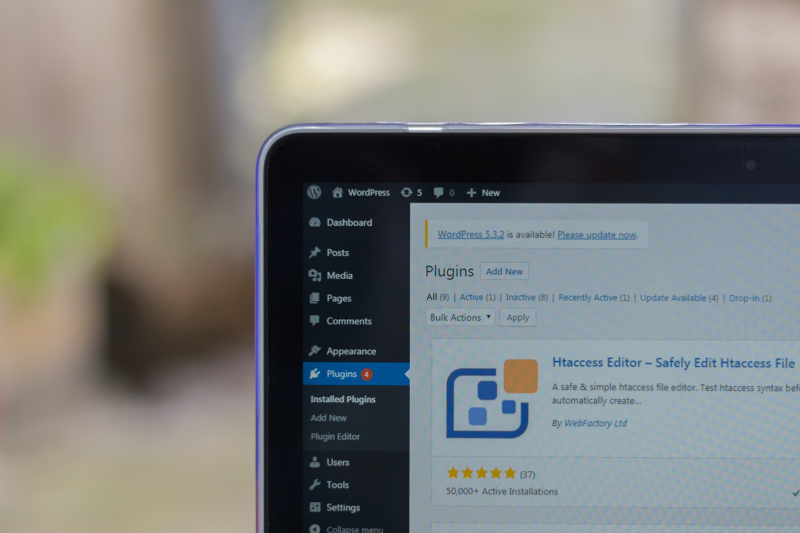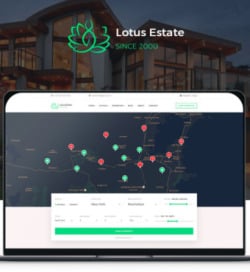Keeping your personal information out of the hands of hackers, scam artists, phishing attempts, and more appears to be the way things are going for the online world. It seems like no matter where you look, information and data breaches are becoming more common, with identity theft on the rise. So, what happens when you’re trying to be technologically savvy (especially with the increased reliance on telecommuting) but still want to ensure your information is kept safe?

It’s important to start asking questions about how your information is used.
For many individuals, registering to various blogs, websites, and podcasts online is a no-brainer; simply enter your information and carry on with your day. But how many people actually know what those websites do with our information? Most blogs will register your name and email address into their email marketing system, built for regular updates, newsletters, or sales/promotions. Your information is compiled into a database for other websites and then sold to their “third-party marketing efforts,” a generic list of providers wanting to buy your name and email address in a cold attempt at marketing new products or services.
Is Selling This Type of Information Illegal?
Technically, there are many loopholes around the selling of user information, particularly as it relates to businesses or personal blogs. An individual would have to carefully read through the Terms of Service when subscribing or joining a website to find out how the information is being used online. Additionally, any website or business that currently collaborates with data scraping companies (the companies that buy user information) could arguably be considered a partner.
That’s why it’s so essential to review anything you agree to online carefully. It doesn’t matter if it’s a newsletter, membership, or monthly subscription; it’s up to the consumer to make informed and educated decisions.
How else could my information be collected online?
Hackers are known for attempting to access restricted areas of websites, including the backend administrative areas of domains. Through this area, hackers can access sensitive personal information, including name, financial information, addresses, phone numbers, and more.
Determining what happens after this information is collected can be difficult to determine. Some hackers will collect the data and post it on the dark web. Others will use this information for their own financial gain.
Any time a website has had its confidential information compromised, it’s essential that they notify you immediately. Although you can cancel all financial information attached to the website, performing an accurate background check can confirm whether your account has been used in any way prior to doing so. Order a background check once you’ve received confirmation that your information was compromised or accessed. You’ll want to continue monitoring the accounts for several months, particularly if the hacker intends to post and sell the information online.
Does WordPress Secure Your Personal Information?
While every website, software, and platform tries to ensure their data is secure, nothing is ever 100% effective. WordPress will ensure that updates fix any current bugs or issues with the software, but it is up to individual site owners to update their domain manually. Likewise, plugins and themes can cause stability and security issues if they’re not continuously updated or maintained.
Domain owners can take additional steps to properly ensure their websites secure information, including SSL certificates, added security plugins, and other firewalls. Most popular WordPress sites will have these extra features added on for user security. If you notice suspicious activity with your account, it’s important to contact the site owner immediately. A website owner can only fix potential problems with continued monitoring and support from their development team and when users report an issue.
For websites that contain eCommerce options, continue tracking the financial accounts carefully after purchase. The majority of themes ensure secure, encrypted payment options, keeping your data out of the hands of hackers. Whenever possible, use prepaid credit cards to perform online transactions. This will limit the financial and personal impact caused by compromised accounts.
For added security, consider having any physical items shipped to a PO box or general mailbox instead of your personal address. Always confirm with the website prior to purchase (as some companies cannot deliver without a signature). Carefully review any company before registering or making a purchase online. With nearly 70,000 websites blacklisted for malware or phishing attempts a week, knowing who has access to your information is critical to your online safety.
How Can I Ensure My Information Is Safe Online?
One of the easiest ways to confirm your personal information is safe with the website is with careful review and communication. Never hesitate to contact the website or company in question. Ask critical questions about any information selling, contact requests, or security protocols for sensitive information. If you’re uncomfortable with their response, move on to another website for your purchasing needs. Carefully weigh out the risks and benefits of disclosing your personal information online before making a purchase. If you’ve never heard of the website in question, avoid disclosing details during registration or on the company’s forums.
What Information Could Be Compromised Online?
Unfortunately, as long as there’s a buyer online, every piece of information is at risk. Users can find anything from SSN, address, credit card numbers, financial accounts, and PayPal accounts on the dark web. There’s even a section for monthly subscriptions available for discounted purchase prices. These accounts can include pay services like streaming services (Netflix, Hulu, and similar subscriptions), music accounts, software registrations, and email addresses. That’s why it’s always important to visit the company’s website to verify your account details instead of following links online. Likewise, it’s essential to stick with basic user information online regarding various websites (whether the WordPress platforms or otherwise).
What Should I Do If I Believe My information was Compromised?
If you believe that your personal information has been fraudulently compromised, contact the company immediately. For financial accounts, the sooner you report it to the company, the sooner they can investigate the claim. If needed, credit card companies can freeze the accounts, prevent future unauthorized purchases. If the purchase was made through a legitimate website, contact their help section for more information. Hacking can occur instantly; there’s a chance the website has become a victim as well.






